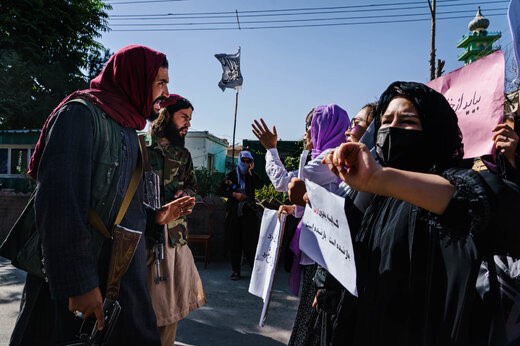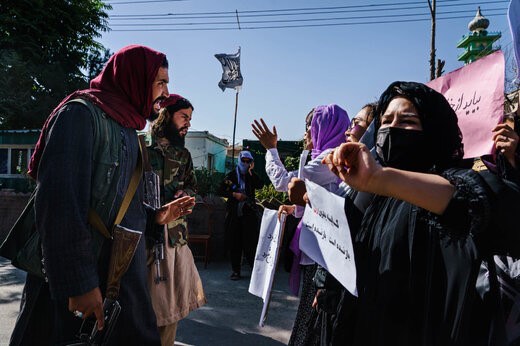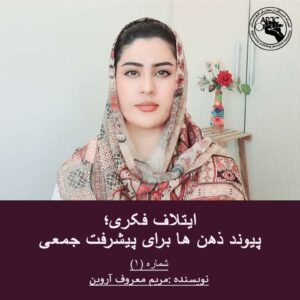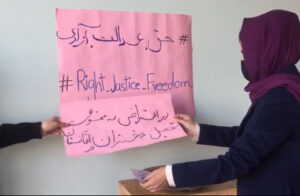The Oppression of Women Under Sharia Law: The Grim Reality in Taliban-Controlled Afghanistan
-
by
admin
Since the Taliban’s return to power in Afghanistan in 15 August 2021, the situation for Afghanistan women has deteriorated to levels unimaginable in the 21st century. The group, notorious for its draconian interpretation of Sharia law, has imposed a series of restrictive measures that effectively erase women from public life. The mantra seems to be “No face, no sound, no sport, no work, no travel.” These oppressive decrees beg the question: What does this anti-feminist group want from the existence of women?
No Face, No Sound: The Silencing of Afghanistan Women
The Taliban has imposed severe restrictions on women’s physical presence in society. Women are required to wear full-body coverings, with only their eyes visible, and in many cases, they are forbidden to leave their homes without a male guardian. This is not just about clothing—it’s about erasure. The requirement for women to conceal their faces and bodies from public view symbolizes a broader desire to silence and make them invisible. Moreover, women’s voices are being systematically silenced. In many regions, female journalists, activists, and educators have been forced out of their professions, their voices suppressed under the threat of violence. This silencing is a form of social and political control, aimed at ensuring that women have no role in shaping the society in which they live.
No Sport, No Work: Denying Women Their Rights to Education and Employment
One of the most devastating aspects of Taliban rule is the denial of education to women and girls. Schools and universities have been closed to females, with few exceptions. This is a stark reversal from the progress made over the past two decades, where millions of Afghanistan girls were able to attend school and dream of a future where they could contribute to their country’s development. The ban on women working is equally devastating. Women who once held positions in government, healthcare, education, and the private sector are now relegated to the confines of their homes. This not only strips women of their independence but also cripples the Afghan economy, which relies heavily on the skills and labor of its female population.
No Exercise, No Travel: Confining Women to Their Homes
The Taliban’s restrictions extend even to women’s physical freedom. Women are banned from participating in sports and even from exercising in public spaces. This is not merely a restriction on physical activity; it is a broader attempt to control women’s bodies and their autonomy. By denying women the right to move freely and stay healthy, the Taliban is imposing a form of control that has severe physical and psychological consequences. Additionally, the prohibition on travel without a male guardian effectively imprisons women in their homes. For many, this means an end to any semblance of a normal life, as they are unable to visit family, seek medical care, or engage in any social activities without the presence of a male relative. This level of control is designed to strip women of their agency and keep them dependent on men.
What Does the Taliban Want From the Existence of Women?
The Taliban’s actions suggest that their ultimate goal is to reduce women to a state of total submission and dependence. By denying women the right to education, work, and freedom of movement, the Taliban is not only violating their basic human rights but also seeking to erase their existence as active members of society. The Taliban’s version of Sharia law relegates women to the status of property, whose worth is determined by their obedience and subservience to men.
The Role of the International Community
The situation for Afghanistan women is dire, and without immediate international intervention, their future is bleak. The international community, including the United Nations, must take a firm stand against the Taliban’s treatment of women. Diplomatic pressure, sanctions, and support for Afghanistan women’s rights organizations are crucial steps in combating this oppression. The world cannot afford to stand by as half of Afghanistan’s population is systematically oppressed. If the international community fails to act, Afghan women will be left with no hope for survival, let alone a future where they can live with dignity and freedom. The time to act is now. The rights and lives of millions of Afghanistan women depend on it.
#حق_عدالت_آزادی
#Right_Justice_Freedom





